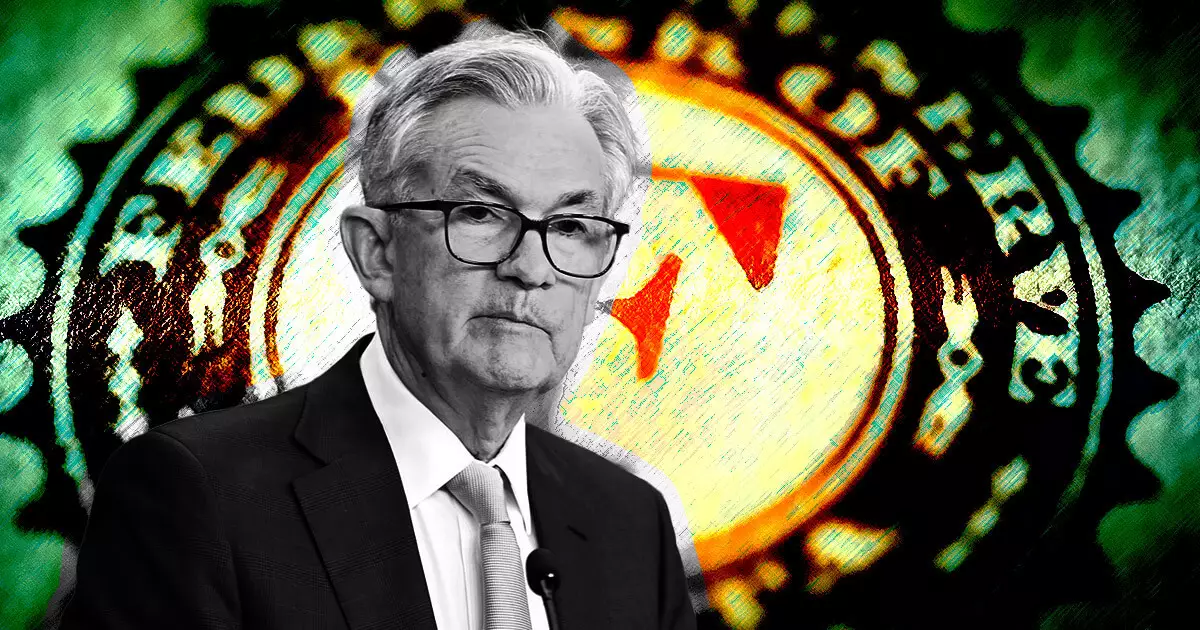The U.S. economy has experienced robust growth in recent years, leading to increasing concerns about inflationary pressures. Federal Reserve Chair Jerome Powell emphasized the need for additional interest rate increases at the Jackson Hole Economic Symposium. This article will explore the uncertainties surrounding the economic outlook and the potential implications of further restrictive monetary policies.
Despite a decline from its peak, Powell argued that inflation remains excessively high. The Federal Reserve remains vigilant for any signs that the economy is not decelerating as predicted. In response to the unexpected pace of economic expansion and consistent consumer spending, the central bank is ready to escalate interest rates further if necessary. Powell emphasized that a sustained reduction in inflation towards the 2% target is crucial before considering a less restrictive policy.
Powell’s observations mark a significant departure from his previous statements. In the past, he explicitly warned of sharp rate hikes by the Fed to curb soaring prices. However, the rate hikes have resulted in increased loan rates, making it challenging for individuals to afford homes or cars and for businesses to finance expansions. Despite these challenges, the U.S. unemployment rate has remained steady at a historically low level of 3.5%. This combination of persistent inflation and robust employment figures has raised concerns about the rapid economic growth, potentially necessitating higher interest rates as a restriction.
Contrary to earlier expectations, most traders now anticipate no interest rate cuts before mid-2024 at the earliest. The Federal Reserve believes that their current interest rate is sufficiently high to restrain the economy, cool growth, hiring, and inflation. However, Powell acknowledged the difficulty in determining the necessary borrowing costs to slow the economy, leading to constant uncertainty about the effectiveness of the Fed’s policies in reducing inflation.
While some traders and economists express optimism for a “soft landing” – achieving the target inflation rate without a steep recession – others remain skeptical. The implications of further interest rate increases are hotly debated, with concerns about the potential negative impact on borrowing costs and economic growth.
The U.S. economy’s robust growth has raised concerns about inflationary pressures, prompting the need for additional interest rate increases. Federal Reserve Chair Jerome Powell recognizes the challenges of balancing economic growth with inflation containment. While the uncertainty surrounding the effectiveness of these restrictive policies remains, the Federal Reserve remains determined to monitor economic indicators closely. The ongoing debates on interest rate projections and their implications highlight the importance of proactive measures to ensure long-term economic stability.

